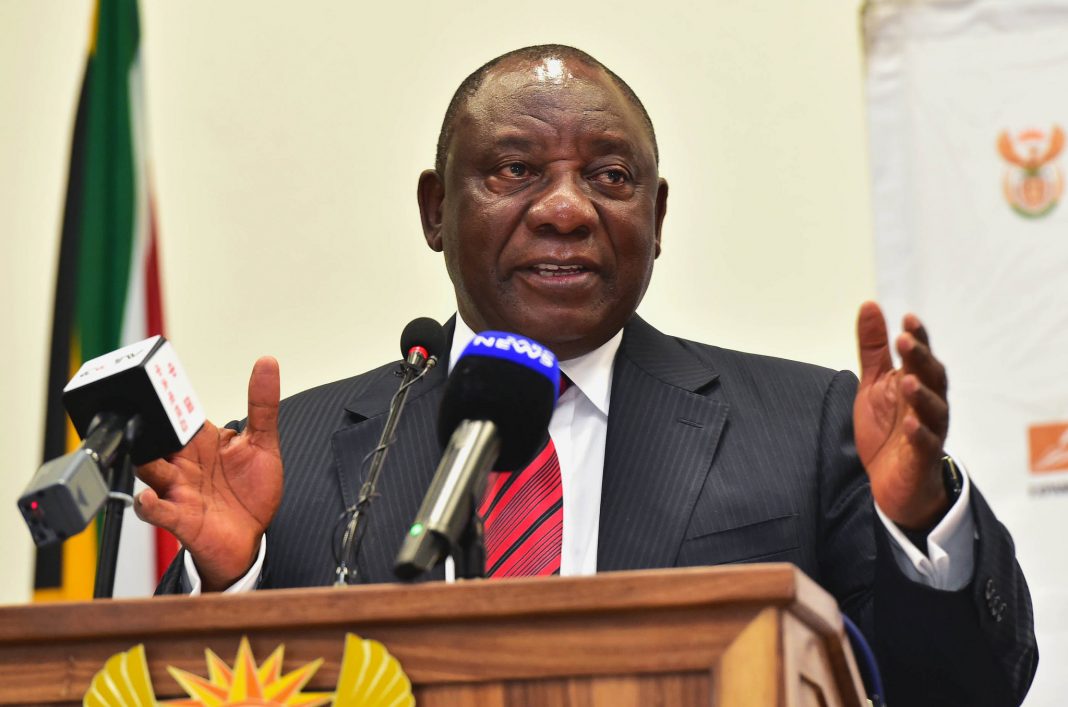Charles Molele
President Cyril Ramaphosa announced a raft of measures on Sunday to curb the spread of the novel coronavirus, including imposing a travel ban on foreign nationals from ‘high-risk countries’ such as Germany, Italy, China and the United States.
In his address to the nation following a special Cabinet meeting, Ramaphosa also declared a national state of disaster in terms of the Disaster Management Act.
“We have now declared a national state of disaster in terms of the Disaster Management Act,” said Ramaphosa.
“Cabinet held a special meeting earlier today. We have decided to take urgent and drastic measures to manage the disease, protect the people of our country and reduce the impact of the virus on our society and on our economy.”
Ramaphosa said as part of major interventions to protect more South Africans from the deadly virus, government decided to impose travel ban on foreign nationals from high-risk countries.
South Africa has the second-highest number of cases on the continent.
As of Sunday, 61 cases of infections were confirmed in South Africa, which includes a medical student from Wits University who tested positive on Sunday.
Most infected individuals had recently travelled to Europe.
Ramaphosa frankly admitted that the spread of the virus will negatively affect a number of key sectors of the South African economy, including businesses and job creation.
“We are imposing a travel ban on foreign nationals from high-risk countries such as Italy, Iran, South Korea, Spain, Germany, the United States, the United Kingdom and China as from 18 March 2020,” said Ramaphosa.
“Any foreign nationals who have been to the said destinations will be denied entry.”
Ramaphosa said effective immediately all South African citizens are advised to refrain from all forms of travel to or through the European Union, United States, United Kingdom and other identified high-risk countries such as China, Iran and South Korea.
“Travellers from medium risk countries will undergo an intensive screening process. All travellers who have entered South Africa from high-risk countries since mid-February will be required to present themselves for testing. We will strengthen surveillance, screening and testing measures at OR Tambo, Cape Town and King Shaka International Airports,” he said.
Ramaphosa said the special Cabinet also took a decision to prohibit gathering of more than 100 people.
“Mass celebrations of upcoming national days such as Human Rights Day and other large government events will be cancelled,” he said.
“Where small gatherings are unavoidable, organisers will need to put in place stringent measures of prevention and control. Schools will be closed from Wednesday, 18 March, and will remain closed until after the Easter Weekend.”
The president said the government will also strengthen surveillance, screening and testing measures at OR Tambo, Cape Town and King Shaka International Airports.
“South Africa has 72 ports of entry in the country which are land, sea and air ports,” he said.
“Of the 53 land ports, 35 will be shut down with effect from Monday 16 March. 2 of the 8 sea ports will be closed for passengers and crew changes.”

